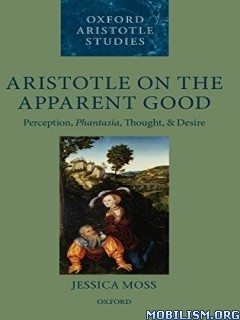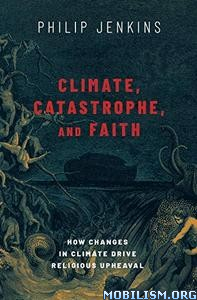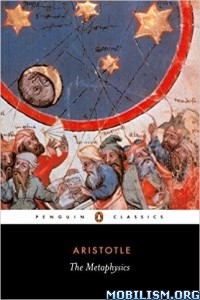Being and Truth by Martin Heidegger, Gregory Fried, Richard Polt
Requirements: .ePUB reader, 1.5 Mb
Overview: In these lectures, delivered in 1933-1934 while he was Rector of the University of Freiburg and an active supporter of the National Socialist regime, Martin Heidegger addresses the history of metaphysics and the notion of truth from Heraclitus to Hegel. First published in German in 2001, these two lecture courses offer a sustained encounter with Heidegger’s thinking during a period when he attempted to give expression to his highest ambitions for a philosophy engaged with politics and the world. While the lectures are strongly nationalistic and celebrate the revolutionary spirit of the time, they also attack theories of racial supremacy in an attempt to stake out a distinctively Heideggerian understanding of what it means to be a people. This careful translation offers valuable insight into Heidegger’s views on language, truth, animality, and life, as well as his political thought and activity.
Genre: Non-Fiction > Faith, Beliefs & Philosophy
Download Instructions:
Download File – 1.5 Mb





